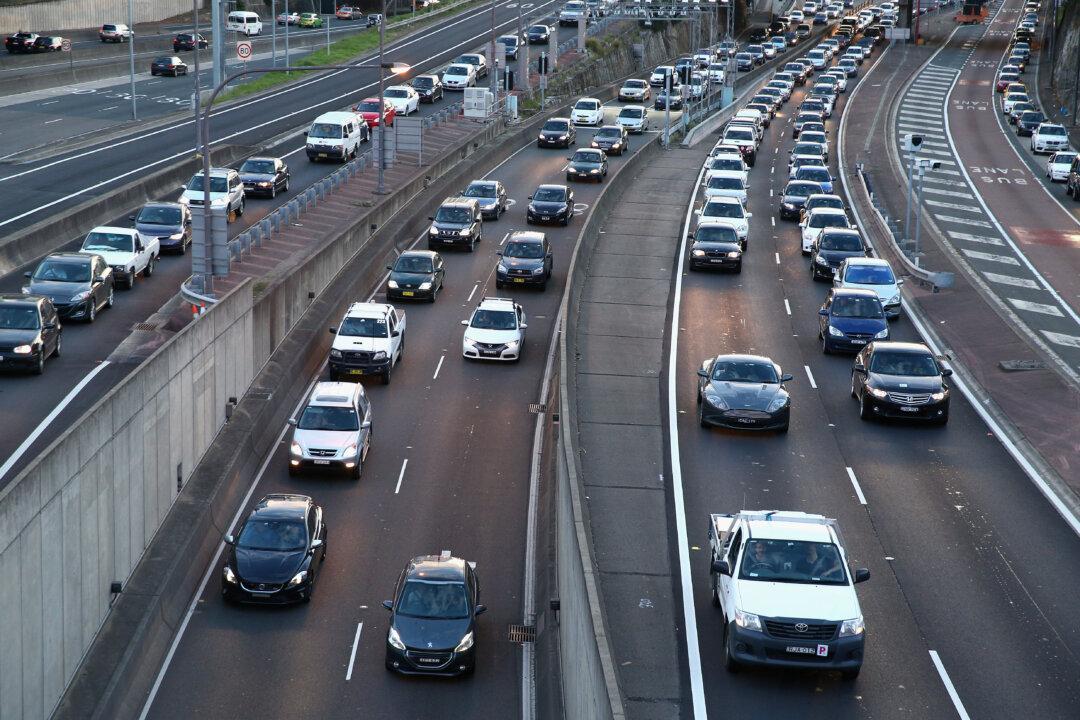The operators of Sydney’s toll roads will pocket an estimated $123 billion from motorists over the next 37 years—about $195 billion in nominal terms. And it’s because drivers have always come last in the complex negotiations between governments and toll operators, according to the roads minister.
And there’s little the current government can do about it.





